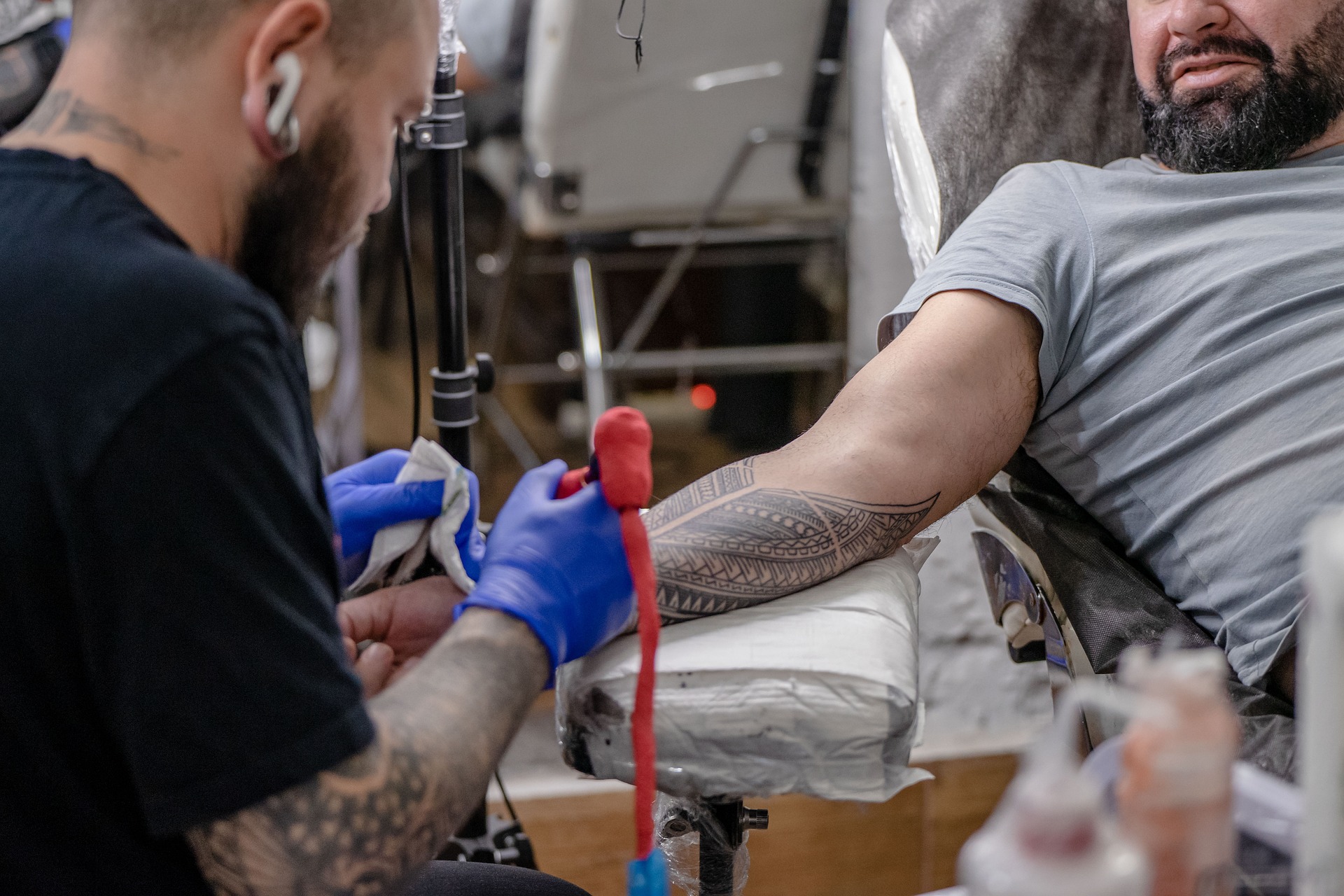Concerns over risks to customers, staff, and public health have been raised due to the absence of effective laws for tattoo artists and piercers, said the Commissioner for Administration and Protection of Human Rights (Ombudsman), Maria Stylianou-Lottides, in a report on Thursday.
She emphasised that such establishments currently operate without proper licensing and oversight, creating significant health and safety risks.
“The prolonged inaction and the inability to implement existing legislation for tattoo artists and body piercers put customers, staff and public health at risk,” Stylianou-Lottides said.
According to the legislation, a tattoo or piercing shop can only operate legally if it presents a certificate of practice from an approved tattoo laboratory to the health ministry.
However, no such laboratories currently exist, meaning the required license cannot be obtained and all professionals in the field are left unregulated.
The report followed a complaint from a professional tattoo artist whose application to become a registered practitioner was rejected.
The examinations by the tattoo and piercing registration boards took a year and were ultimately denied verbally, without any written explanation, highlighting a lack of transparency.
“Even if the complainant presented a diploma, certificate, or equivalent, their registration would still be rejected because no licensed tattoo laboratories exist in Cyprus,” the report stated.
The Commissioner explained that there are currently no approved tattoo or body piercing laboratories by the Council. Without the proper licenses, no professional tattooist or piercer can legally practice.
Stylianou-Lottides noted that some unlicensed spaces continue to operate without Council approval or health inspections, further endangering public safety.
She called for new legislation and held the health ministry accountable for failing to implement necessary preventive measures.
“The lack of preliminary permits and the resulting consequences demonstrate a significant absence of systematic control by the Health Ministry’s inspection office,” she said. “This situation affects many people and must be resolved quickly.”






Click here to change your cookie preferences